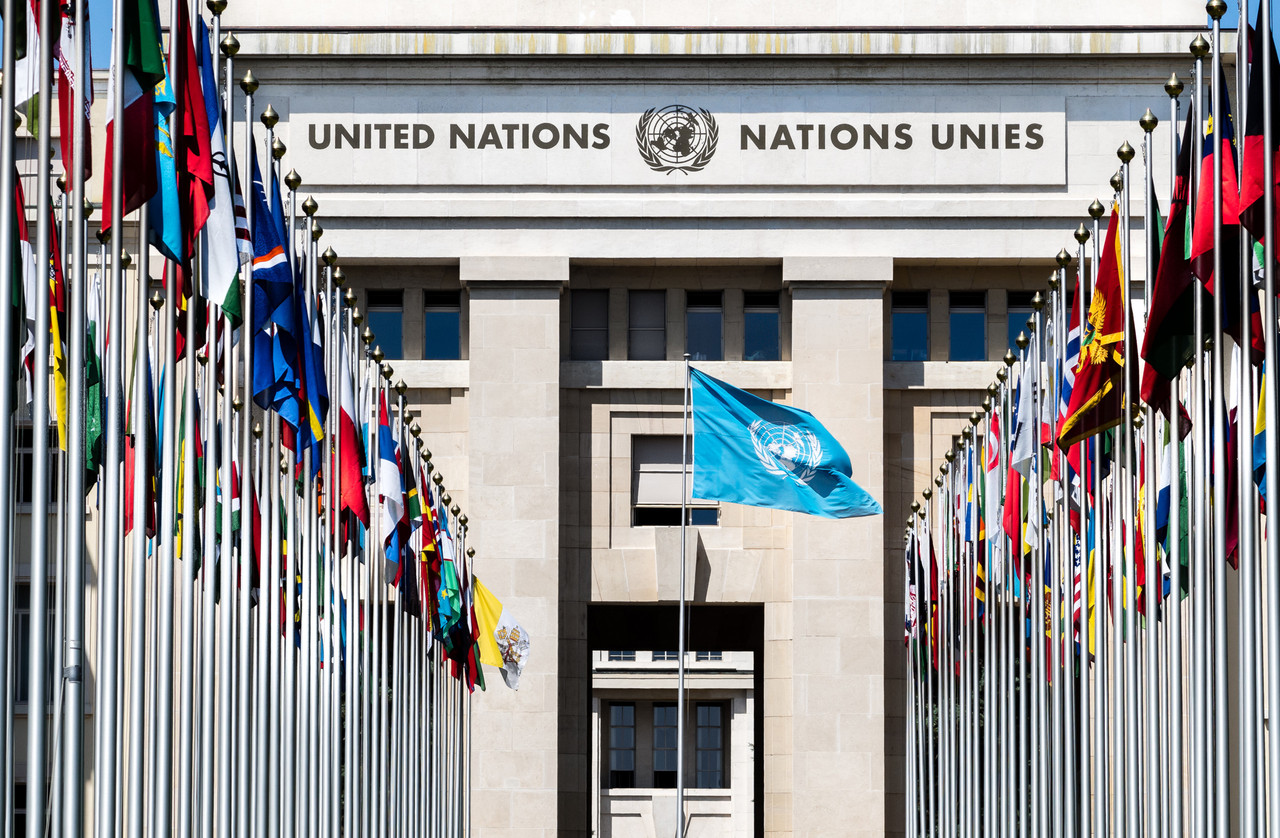Luxembourg joined the council in January for a three-year period, with China ending its mandate at the end of this year. The council regularly faces criticism for including human rights abusers, but foreign minister Jean Asselborn (LSAP) has previously said it’s important to include them at the negotiating table to effect change.
Leaked on Tuesday provided new information on the extent of oppression and persecution of the province’s Uyghurs. Sent by an anonymous hacker, the documents provide evidence against Beijing’s narrative of peaceful re-education and instead highlight the forceful crackdown against the region’s mostly Muslim minority.
“In one of our next committee meetings we will add the situation of the Uyghurs to the agenda and ask our foreign minister how the Human Rights Council will react to this,” said Yves Cruchten (LSAP), who chairs the foreign affairs committee in parliament.
Cruchten in April last year had sponsored a resolution to condemn sanctions issued by China against EU staff, which included two Luxembourg MEPs and a third official in Brussels, calling for the penalties to be lifted.
The foreign ministry in an email said Tuesday’s reports “confirm our deep concerns about the human rights violations in the Xinjiang region. Luxembourg consistently raises these concerns in bilateral exchanges as well as at the multilateral level. Most recently, minister Asselborn raised the matter during a meeting with the ambassador of China to Luxembourg less than two weeks ago.”
Chinese investment
The Middle Kingdom is heavily invested in Luxembourg.
Seven of China’s largest banks access Europe through Luxembourg and the grand duchy outranks even Hong Kong as the largest global domicile of investment funds investing into mainland China. Chinese investment company Legend Holdings owns 90% of the Banque International à Luxembourg. And investors also own a 25.5% stake in Luxembourg utilities provider Encevo.
China’s Henan Civil Aviation Development and Investment Company (HNCA) in 2014 completed a takeover of a 35% stake in airfreight company Cargolux and in March 2019, Bettel signed a Memorandum of Understanding in support of China’s Belt and Road Initiative (BRI), hailing it as “a new stage in the development of China-Luxembourg relations.”
This notwithstanding, the foreign ministry said that Luxembourg works to “raise awareness about the deeply disturbing reports and testimonies about treatment given to the Uyghurs in the Xinjiang region. In the UN Human Rights Council, as well as at the Third Commission of the UN General Assembly, Luxembourg is among the countries who have regularly supported joint statements calling for an unrestricted access of the High Commissioner for Human Rights to the Xinjiang region.”
The commissioner, Michelle Bachelet, on Monday started a six-day trip to China, which will include a visit to Xinjiang. But human rights groups suspect the UN official will be given a sanitised insight into China’s westernmost region. Her visit marks the first by a UN High Commissioner for Human Rights since 2005. The US, also a council member, had warned against the trip, saying it would be seen as an endorsement of China rather than condemnation.
The foreign ministry said it will actively follow up with Bachelet’s visit once she returns and shares her assessment with members of the Human Rights Council.
“Reinforce” demands
“Diplomatic and trade relations are a real lever and framework for advocating and encouraging partners to respect human rights,” said Olivier Pirot, the director general of Amnesty International in Luxembourg. “This is why we call on Luxembourg authorities to use any meeting to reinforce these demands for greater respect for human rights by China.”
Pirot, too, sees the Human Rights Council as a platform to address the new revelations and apply pressure for an independent and international investigation into the atrocities targeting Uyghurs.
Amnesty International said Luxembourg as a member of the Human Rights Council must “urge unimpeded access to Tibet, and across China, for foreign diplomats, parliamentarians, UN experts, journalists and non-governmental organisations” as well as calling “publicly for the release of arbitrarily detained human rights defenders and activists.”
Pirot said that the new evidence “demonstrates that people in a re-education camp are not there willingly as long-claimed by China and the re-education camps are of prison-like nature.” The leaked files also lift the veil on a massively expanded prison system and arbitrary and draconian detention.
“It confirms what Amnesty and other human rights organisations have documented and denounced, namely that China implements a policy targeting almost any expression of Uyghur identity, culture or Islamic faith,” he said of the leaked files.
Chinese officials have called the documents, made public by a researcher and media consortium, “fabricated” and said they are “disinformation”. China has denied any abuses in Xinjiang.
This story was updated on 26 May at 12.25pm to include remarks from the foreign ministry.
